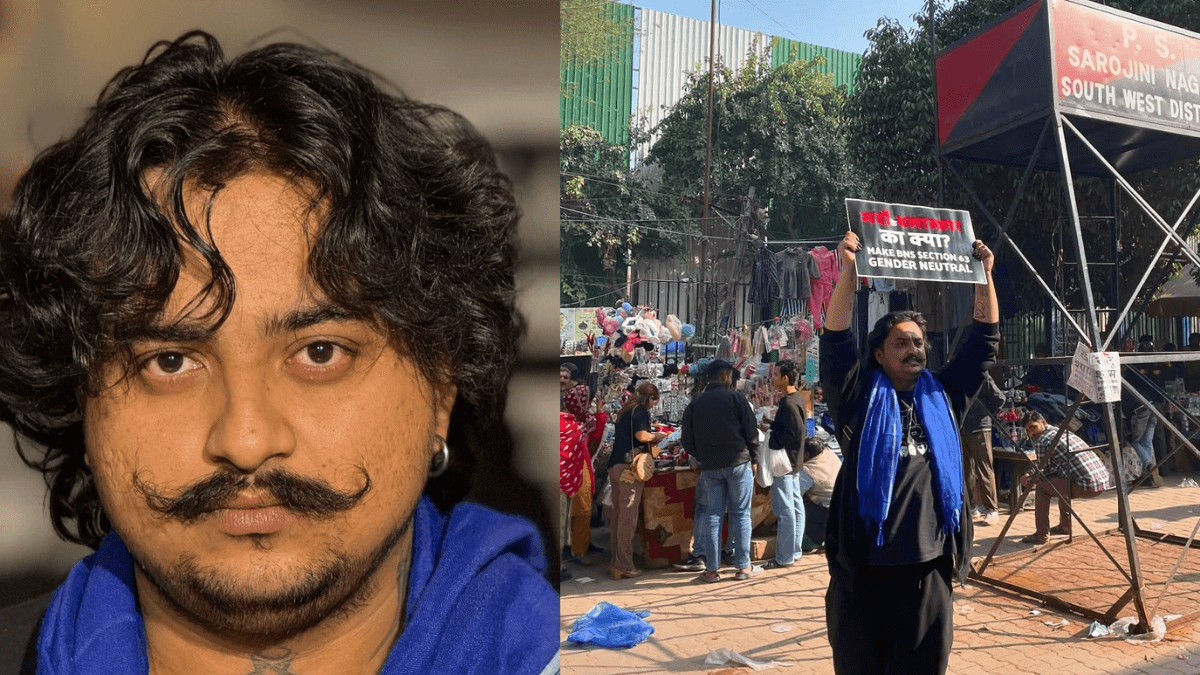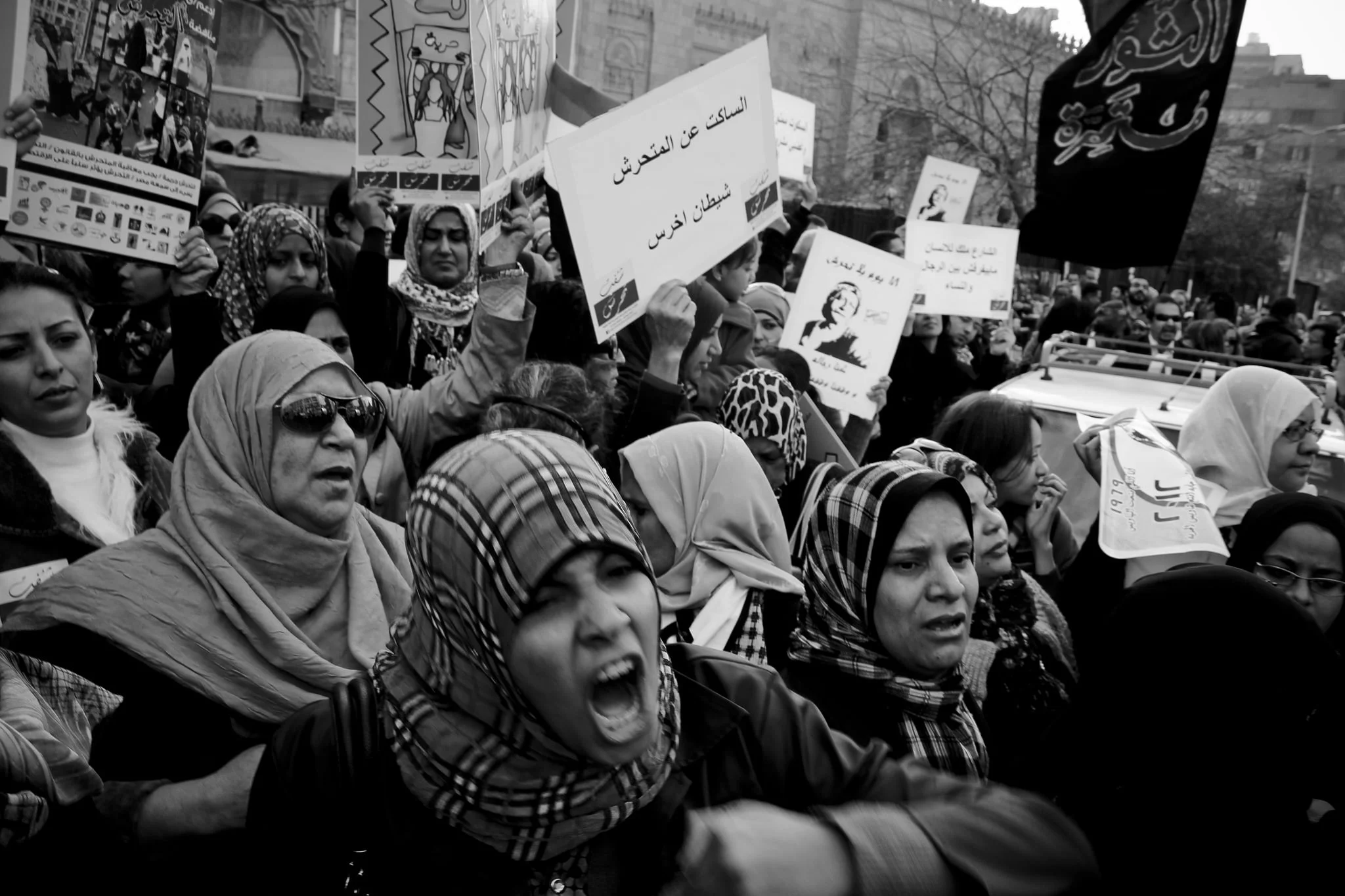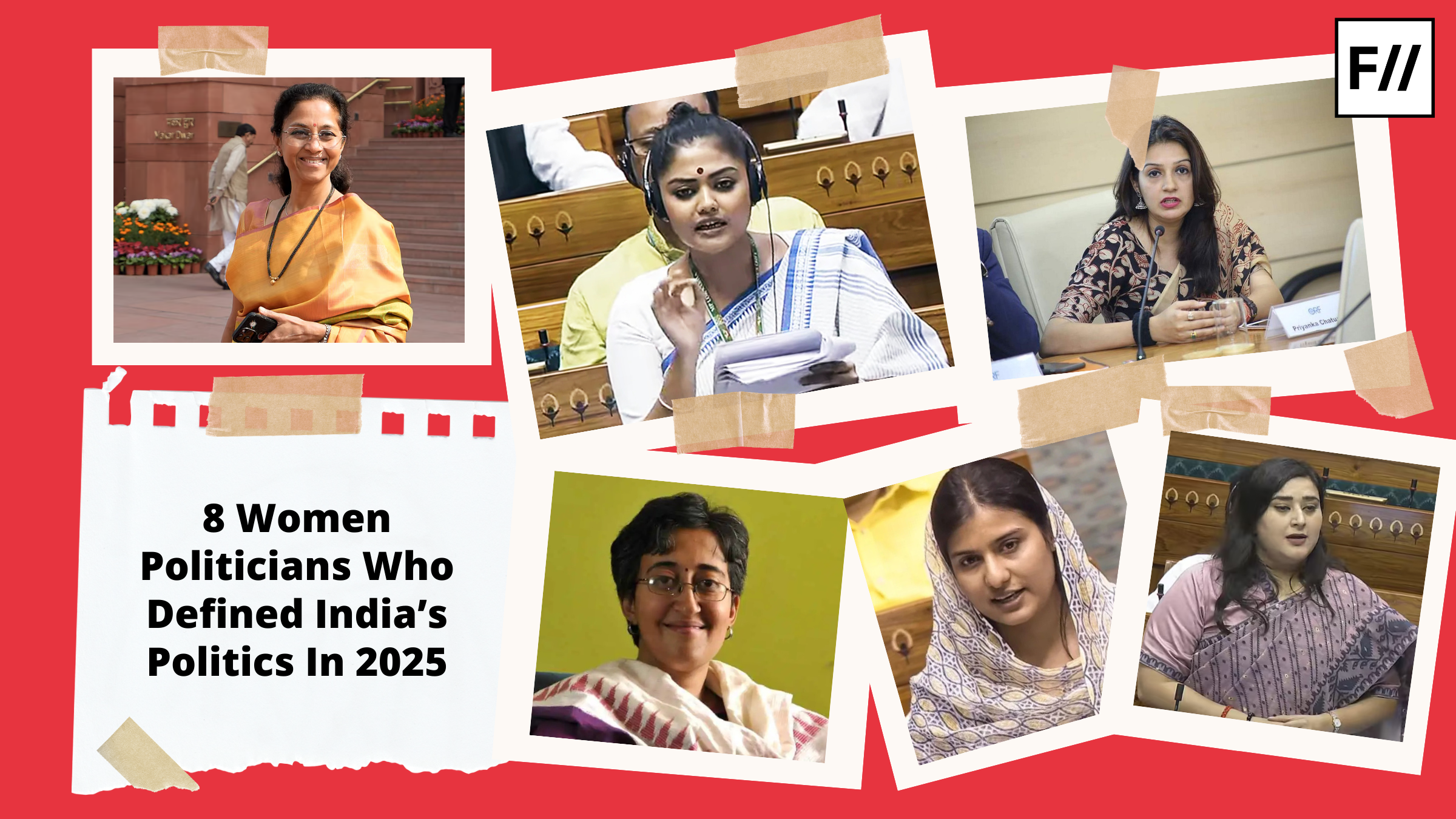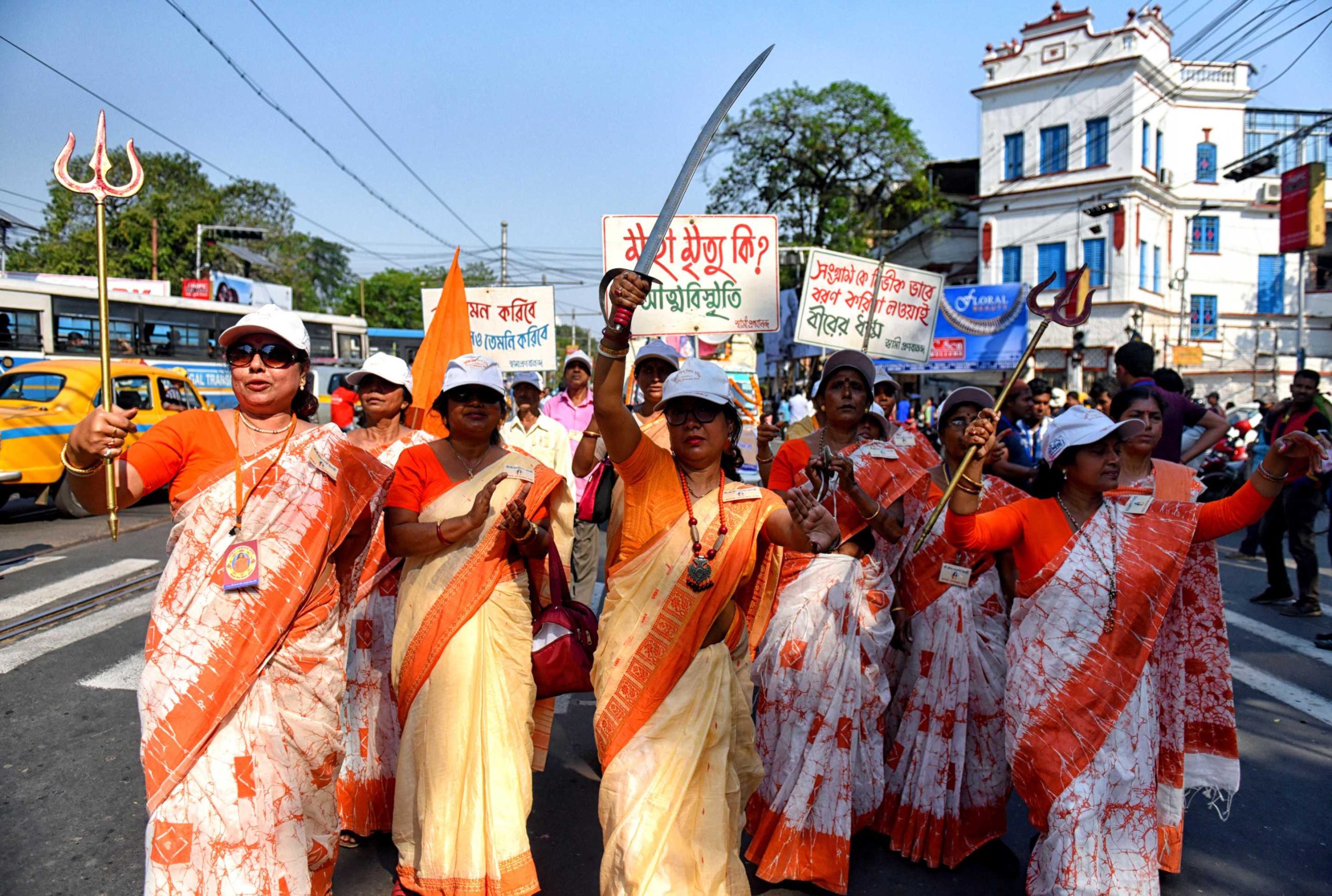With elections around the corner, people from diverse backgrounds are stepping into the political arena. In Delhi, the Okhla Assembly seat is drawing significant attention—not just because of the entry of the All India Majlis-e-Ittehad-ul-Muslimeen (AIMIM), but also because of an independent candidate, Arsalan Azad, who stands out in more ways than one.
Arsalan Azad: a queer independent candidate in a Muslim-majority constituency
Among the 14 candidates contesting from Okhla, two are independents. One of them is 27-year-old social worker Sheikh Arsalan Ullah Chishti, aka Arsalan Azad. What makes Azad unique is that he is the only candidate in this Muslim-majority constituency who has openly identified as queer.
Azad, an engineer-turned-social worker, has built a strong presence on social media, particularly Instagram, where he has 60k plus followers.
Azad, an engineer-turned-social worker, has built a strong presence on social media, particularly Instagram, where he has 60k plus followers. Unlike traditional politicians who rely on large rallies and public meetings, Azad has opted for a different approach.
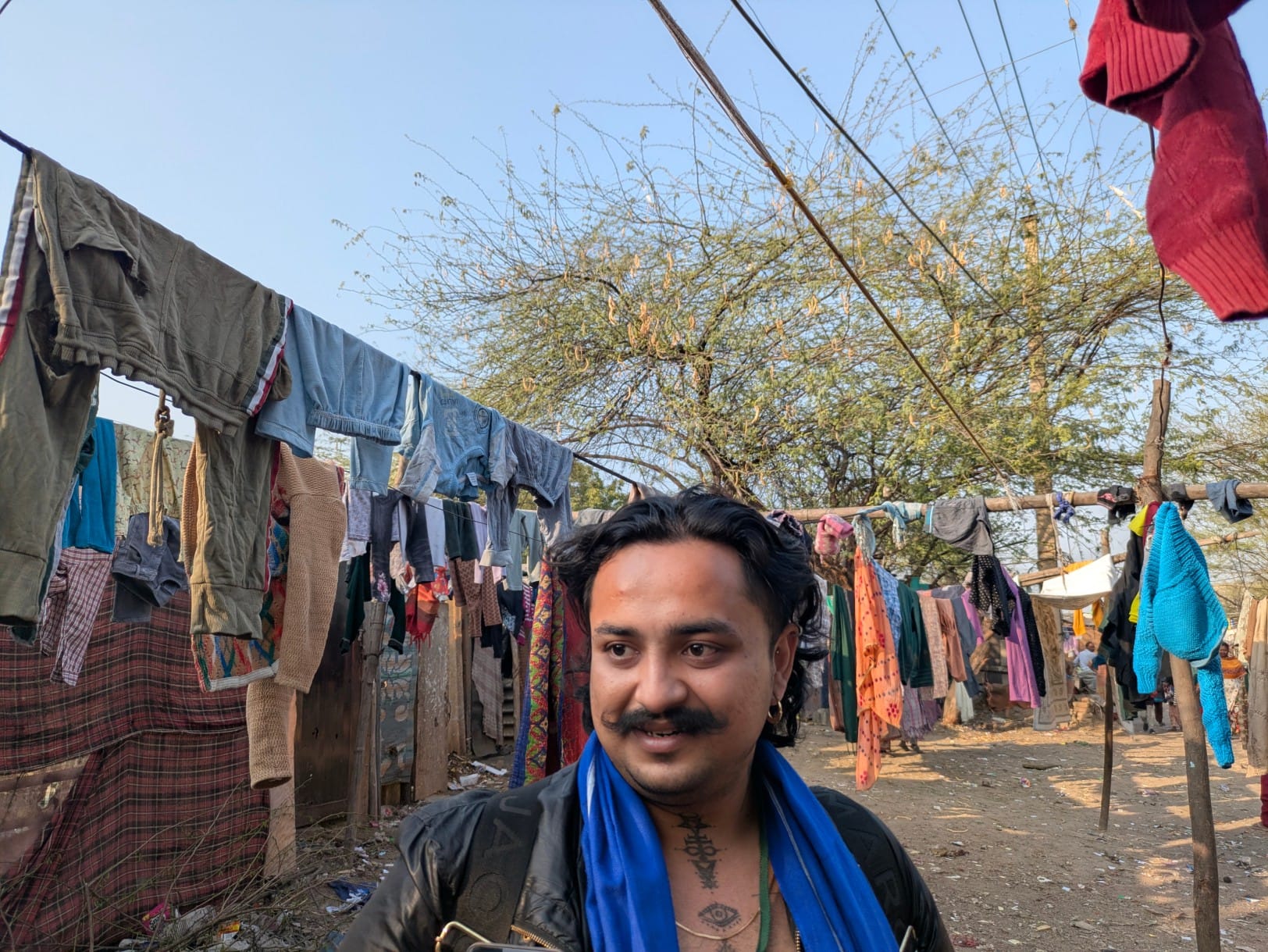
His campaign is centered around direct engagement—door-to-door visits and digital outreach. Instead of massive public gatherings, he meets people individually and documents his interactions through short videos, which he shares online. His companion, Bakhshish, has been an integral part of this campaign, helping him connect with voters.
Azad first publicly identified as queer during Eid prayers when he wore a colorful kurta and nail polish, using the moment to make a statement about his identity and beliefs. ‘That was when I sent a message—I am queer, and I support queer people,‘ he recalls. But his advocacy doesn’t stop at personal expression. Azad also runs a company that provides jobs to queer individuals. ‘Islam does not discriminate based on gender,’ he argues, ‘but due to politics, such discrimination exists here.‘
Frustration with civic issues sparks to candidacy
Originally from Manipur, Azad has been living in Okhla for several years. He says his decision to contest the elections stems from a deep frustration with civic issues that have remained unresolved for far too long. ‘When I moved to Okhla, problems like drainage, bad roads, and electricity shortages were already there. But no one was willing to work on them,‘ he explains. ‘That’s why I am contesting these elections—to draw attention to these issues. I am not here to win or lose; I am here to make people listen.’
Despite Okhla’s predominantly Muslim population, Azad insists he has received nothing but support from the community.
Despite Okhla’s predominantly Muslim population, Azad insists he has received nothing but support from the community. ‘People welcome me warmly when I go out campaigning. They listen, they engage, and they show me respect,‘ he says. ‘Thankfully, I am contesting from Okhla. It’s a strong response to those who look down on this place.’
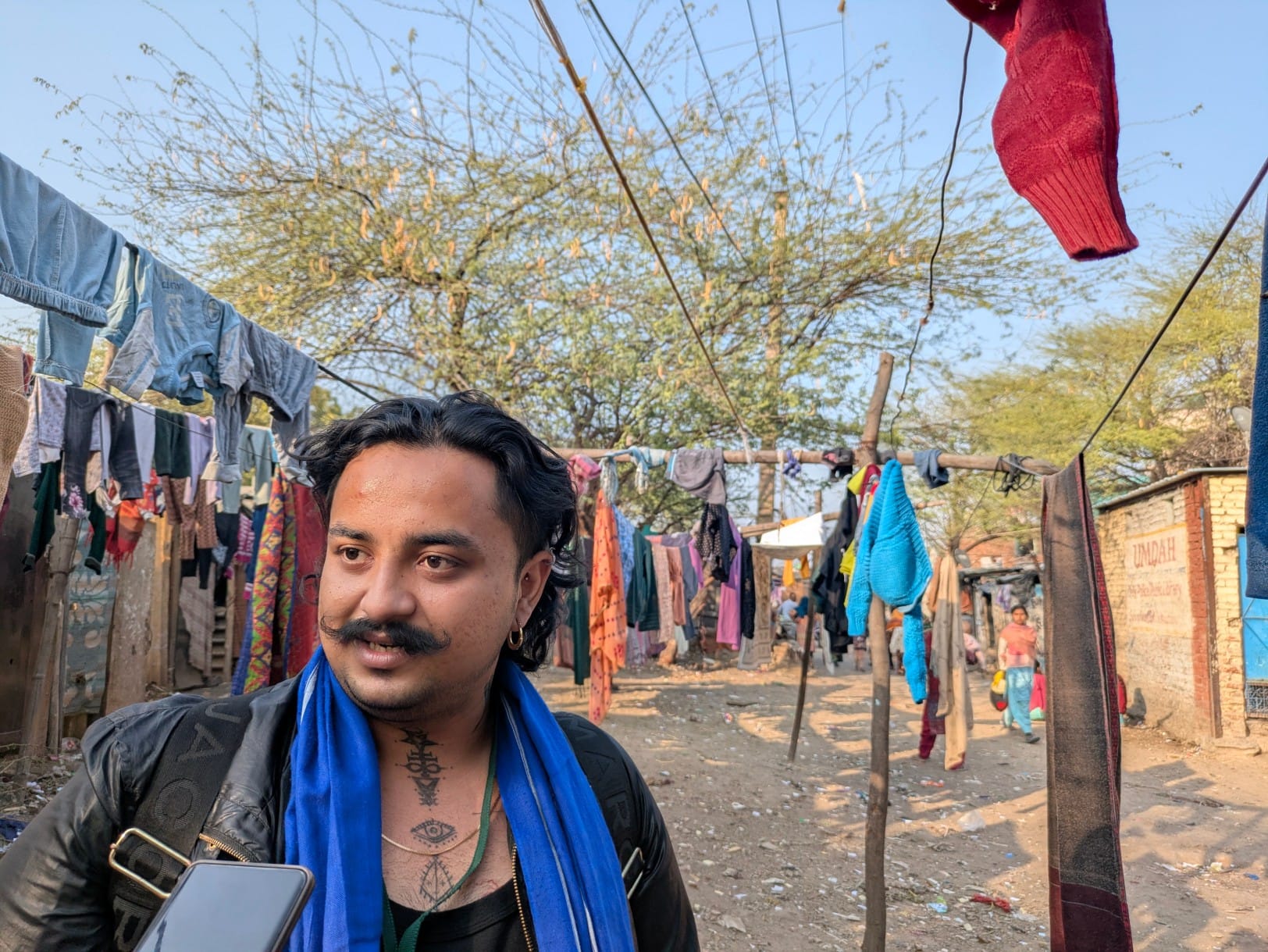
Azad does not see himself as being in competition with the other candidates. ‘No one else wants to talk about the issues I am raising,’ he says. ‘Something happened to me personally, and that’s why I am here—to give courage to others facing similar struggles.‘
While some people dismiss him as a “joker,” Azad remains unfazed. ‘People’s opinions don’t matter,‘ he says. ‘What matters is what I am doing. If my presence in this election sparks conversations that weren’t happening before, then I have already achieved something important.’
‘People’s opinions don’t matter,‘ he says. ‘What matters is what I am doing. If my presence in this election sparks conversations that weren’t happening before, then I have already achieved something important.’
The Okhla Assembly seat is witnessing a heated contest. The Aam Aadmi Party has fielded its sitting MLA, Amanatullah Khan, a well-known figure in the constituency. The Congress has nominated Abul Fazal ward councillor Areeba Khan, adding further weight to the competition. On the Bharatiya Janata Party’s side, Manish Chaudhary is contesting for the seat. The AIMIM’s candidate, Shifa ur Rehman, the Former Jamia Alumni President, currently in jail, is adding another layer of competition to the election.
Azad is redefining representation in politics
With 14 candidates in the fray, the political dynamics of Okhla are more intense than ever. But in a race filled with party-backed heavyweights, Arsalan Azad’s candidacy has carved out a unique space. His campaign challenges conventional political narratives and puts the focus on issues that mainstream politicians often overlook.
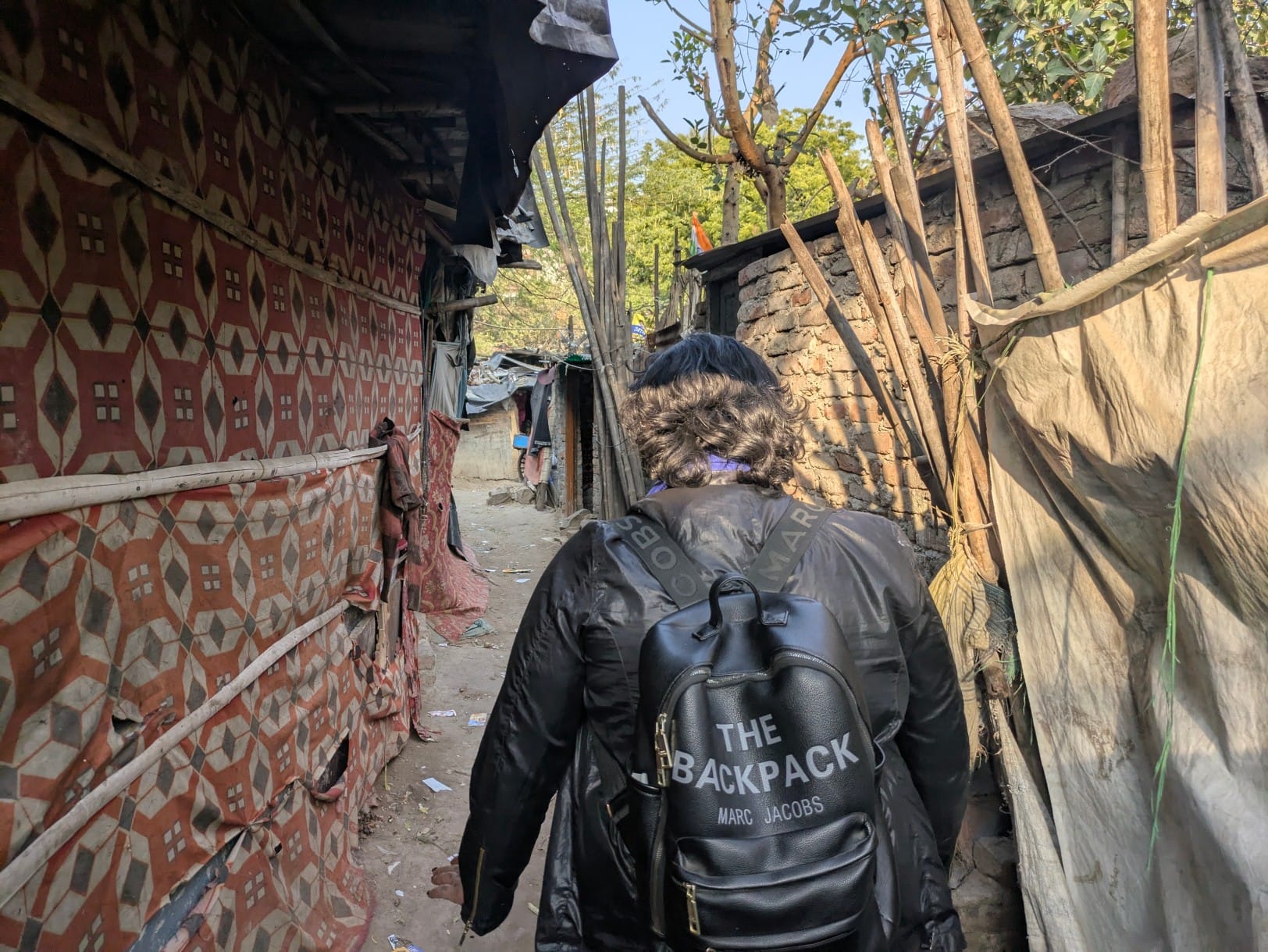
By bringing queer identity into the political discourse of a Muslim-majority constituency, Azad is not just contesting an election—he is forcing a conversation that many shy away from. Whether he wins or loses, his presence in the election sends a powerful message: governance should include everyone, and politics must evolve to reflect the realities of all citizens.
